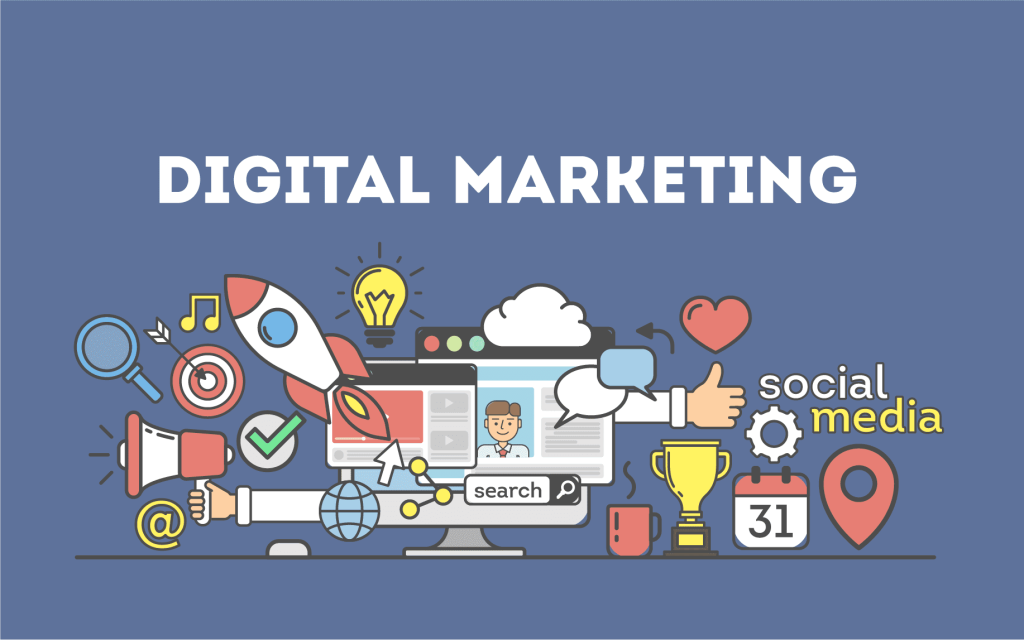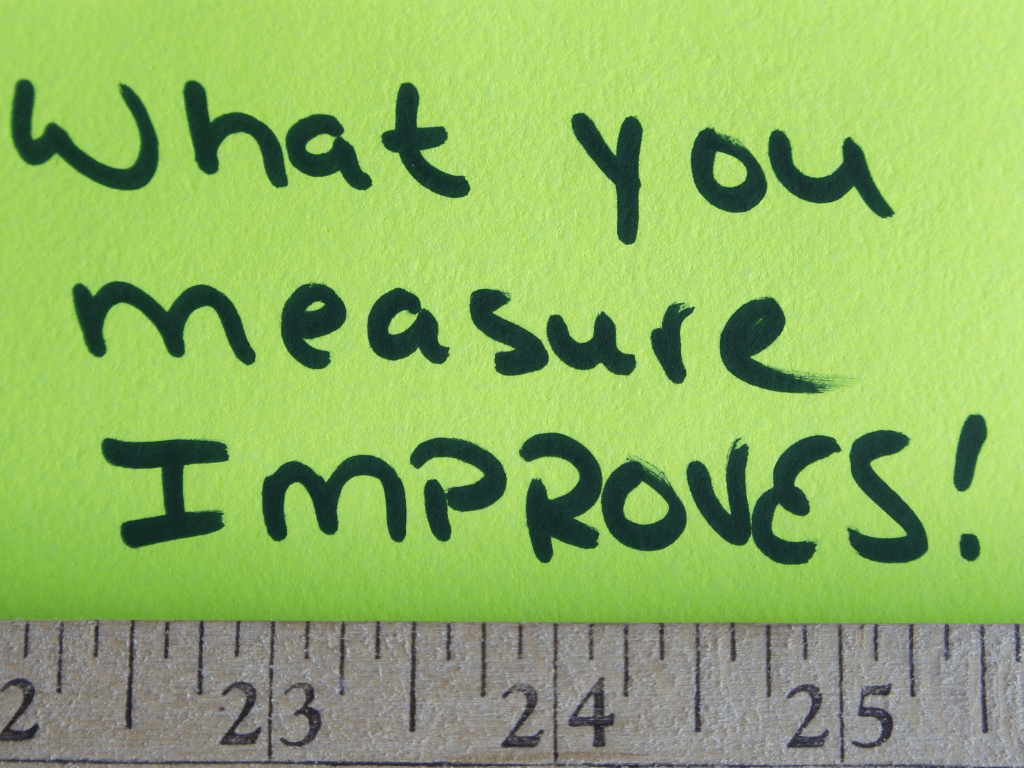Digital Marketing Strategy: A Guide for Beginners

Virtual advertising and marketing are effective ways to reach ability clients.
Virtual advertising may be finished in many methods, together including SEO, social media advertising and marketing, e-mail campaigns, and more.
Similarly, virtual advertising can be achieved with or without an enterprise.
Virtual entrepreneurs are experts at knowing what your customers want and the way to market your services or products to them online.
This put-up will provide you with some helpful pointers for growing a digital marketing approach that works for your enterprise.
What is digital marketing?
A digital marketing method is a plan aimed at assisting a business enterprise to reap particular desires through carefully selected advertising channels including paid, earned, and owned media.
Going for walks on a digital advertising marketing campaign without a method in the region is like exploring a brand-new city without a GPS – you will possibly face a couple of incorrect turns, which could result in frustration.
Consequently, a marketing plan is wanted to increase efficient manufacturing, and an approach is vital to satisfy the dreams of your corporation’s virtual advertising plan.

What are the seven types of digital marketing?
Digital marketing encompasses seven different types of strategies.
The first type is SEO, which is an abbreviation that stands for Search Engine Optimization.
SEO is the process of increasing the visibility of your website in search engine results.
Another type is Email Marketing, which helps business owners connect with potential clients. SEM, or Search Engine Marketing, refers to the use of search engines, such as Google, to drive targeted traffic to your website.
Digital Display marketing is another type of strategy that deals with banner ads and paid links that appear on popular sites across different networks.
Social media marketing involves using social sites such as Facebook, Twitter, and LinkedIn to implement marketing strategies. Mobile marketing is all about marketing content and products on mobile devices.
Finally, Content Marketing is a valuable tool that can help increase your online presence. It refers to creating content that is used as part of an advertising campaign to acquire new customers or promote brand awareness.
Additionally, Affiliate Marketing is a way of promoting another brand's product or service.
Digital Strategy
Creating an effective and efficient digital marketing campaign requires a well-crafted digital strategy.
A skilled Digital Marketing Strategist conducts a thorough analysis of the market, competitors, and industry trends before developing a comprehensive plan for your business.
By doing so, they can establish a strong foundation for your digital marketing campaign.
Digital Creatives
Digital creative refers to advertising material that is specifically designed for online media, including email marketing, social media marketing, and mobile adverts.
This type of creative material typically features images, videos, animations, or text.
Digital creativity forms the cornerstone of digital marketing campaigns and strategies, as it aims to engage potential customers through interactive media content and encourages them to interact with brands online.
Data Management
Data management tools are essential for organizing customer data and enabling owners to track their success.
Digital marketers utilize this data to analyze trends, gain valuable insights from raw statistics, and make informed decisions about future marketing campaigns or strategies.
By effectively utilizing these tools, businesses can optimize their digital marketing efforts and achieve greater success in reaching and engaging their target audience.

Digital Analytics
Digital analytics tools are essential for monitoring the performance of your digital strategy and gaining insights into how well it's performing.
By utilizing these tools, digital marketers can analyze their strategy and adjust their campaign execution accordingly to optimize results.
The goal of digital marketing is to understand and identify how digital technology impacts customer engagement, loyalty, and business strategies to achieve desired outcomes.
It's a continuous process of analyzing data and making informed decisions to improve overall digital marketing effectiveness.
Tips to boost your Digital marketing strategy

Establish your budget
Determining the appropriate budget to allocate towards your online marketing campaign is crucial.
If you only allocate one budget to cover your entire marketing campaign, you run the risk of overspending on one area. People are a valuable asset, and to optimize your campaign, tools like Google Analytics can help run and analyze campaigns.
Before strategizing, it's important to identify the appropriate budget and resources needed.
It's essential to avoid planning an online marketing strategy that exceeds your means, even though the amount you make may fluctuate for each method.
Analytics tools such as Google Analytics allow you to analyze data and information related to digital marketing.
Understanding your target audience
The candidate's journey towards becoming a long-term customer involves a specific process that leads them to a decision point.
The stages of this process may vary but typically start with brand awareness and education, then move towards consideration, and ultimately end with a decision and sales conversion.
To effectively navigate this journey, it's vital to understand your audience's demographics and psychology, whether they are existing or potential customers.
The same holds for digital marketing campaigns, especially in the current era of digital shopper engagement and consumer satisfaction.
Goal Setting: Decide where you want to go

The ultimate aim of digital marketing is to achieve a set of marketing goals that align with your company's overall business objectives.
For instance, if your goal is to increase your customer base by 20%, you must devise strategies to generate leads and create opportunities for growth.
Regardless of your objective, it's crucial to track and measure your results. For instance, if your goal is to gain more subscribers, increasing the number of registrations would be a significant key performance indicator (KPI). Alternatively, if you aim to encourage email communication, tracking the number of 'ask me' emails received would be a suitable KPI.
Audit your current online marketing strategies
Three types of advertising can be employed on your website, including ads that are owned, paid for, or utilized by clients.
To increase your chances of success, it's recommended to improve your skills and knowledge in each of these areas. Conducting a digital marketing audit is also an effective way to enhance the accuracy of your marketing program.
Audits can identify potential issues and opportunities for improvement.
Digital marketers need to possess skills in measuring results, testing ideas through A/B testing, and effectively utilizing analytics tools, including Google Analytics, which is considered a critical tool for digital marketing campaigns.
Measure what you do online

To track your progress, it's crucial to establish campaign goals (which should have been set in previous steps) and key performance indicators (KPIs).
Measuring the return on investment (ROI) is the standard method for calculating the success of digital marketing campaigns. Understanding the performance of your campaigns enables you to make changes where necessary and improve results.
If you're developing a digital marketing strategy for a different company, it's important to work closely with them throughout the process. Digital marketers must also measure the results of their campaigns using appropriate metrics.
These metrics can include sales conversions, leads generated, website traffic, and other factors, depending on the goals of the campaign.
Improving digital marketing campaigns
If you're developing a digital marketing strategy for a different company, it's essential to work collaboratively with them throughout the process.
One way to provide support is by conducting digital marketing audits, which can help identify both problems and opportunities.
To achieve success, digital marketers must be able to measure their results, test ideas using A/B testing, and utilize analytics tools effectively.
Among these tools, Google Analytics is a fundamental resource for digital marketing campaigns.




Related Posts